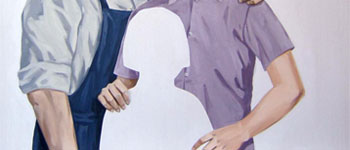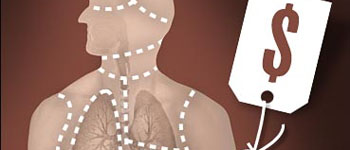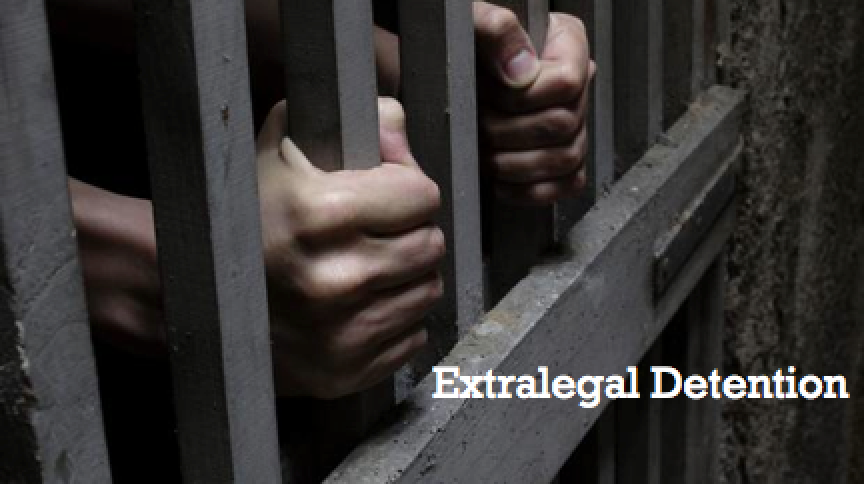|

Family Planning Policies. The Chinese Communist Party, which used to restrict Han Chinese to one child per couple, continues to implement strict family planning policies. In November 2013, the Party announced reforms permitting Han couples to have two children as long as one of the parents is a single child. Although an improvement over the One Child Policy, Party officials still strictly, and sometimes violently, exercise control over this most personal of individual and family decisions.
|
|

Censorship is the suppression of speech or other public communication which may be considered objectionable, harmful, sensitive, politically incorrect or inconvenient as determined by a government, media outlet or other controlling body. It can be done by governments and private organizations or by individuals who engage in self-censorship.
|
|

Freedom of religion is considered by many people and nations to be a fundamental human right. In a country with a state religion, freedom of religion is generally considered to mean that the government permits religious practices of other sects besides the state religion, and does not persecute believers in other faiths.
|
|
 The roughly ten thousand organ transplant surgeries performed annually in China makes it the world’s second leading transplant destination as measured by the number of procedures conducted, trailing only the United States. Many of these surgeries are performed on foreigners who come to China for organ transplants because of the relative short waiting period, often only weeks long. Despite such impressive statistics, China’s nascent organ donation system has existed for less than a year, and the rate of organ donation from the general public remains extraordinarily low. These circumstances raise questions: Where do these organs come from, and why is the waiting time so short? The roughly ten thousand organ transplant surgeries performed annually in China makes it the world’s second leading transplant destination as measured by the number of procedures conducted, trailing only the United States. Many of these surgeries are performed on foreigners who come to China for organ transplants because of the relative short waiting period, often only weeks long. Despite such impressive statistics, China’s nascent organ donation system has existed for less than a year, and the rate of organ donation from the general public remains extraordinarily low. These circumstances raise questions: Where do these organs come from, and why is the waiting time so short?
|
|
 In addition to China’s vast system of government sanctioned jails and reform-through-labor camps, the Chinese Communist Party (CCP) also imprisons large numbers of people without trial in secret jails. These secretive detention facilities usually fall into two categories - black jails and the Ankang. The Ankang are a network of high security mental institutions where sane individuals are often incarcerated on the basis of phony diagnoses; black jails are secret prison facilities housed in regular buildings such as hotels or nursing homes. In addition to China’s vast system of government sanctioned jails and reform-through-labor camps, the Chinese Communist Party (CCP) also imprisons large numbers of people without trial in secret jails. These secretive detention facilities usually fall into two categories - black jails and the Ankang. The Ankang are a network of high security mental institutions where sane individuals are often incarcerated on the basis of phony diagnoses; black jails are secret prison facilities housed in regular buildings such as hotels or nursing homes.
|